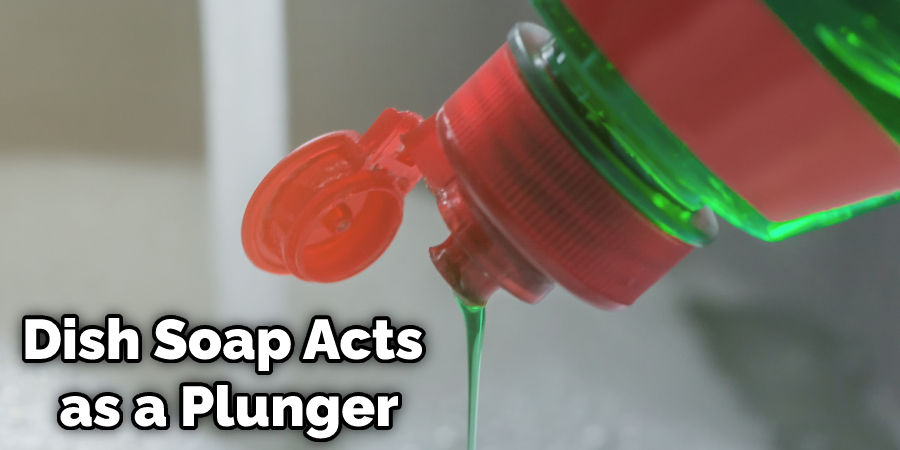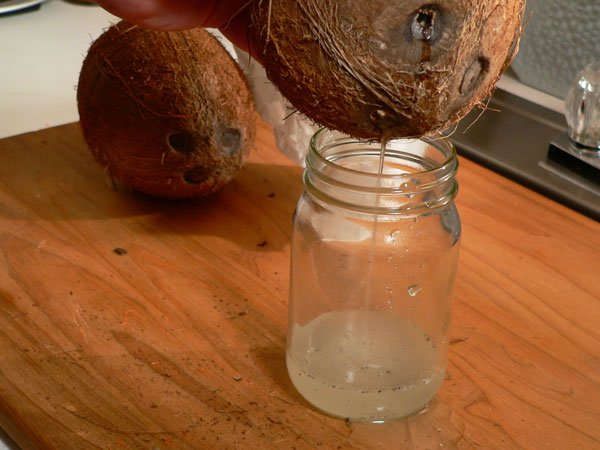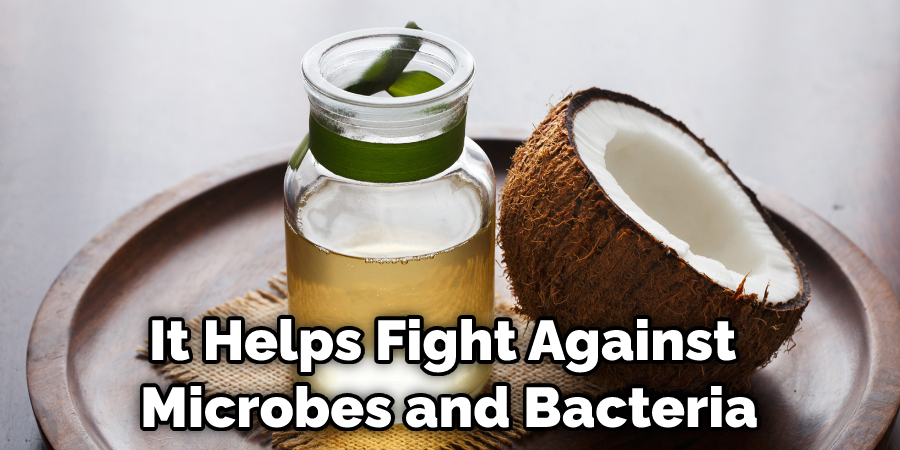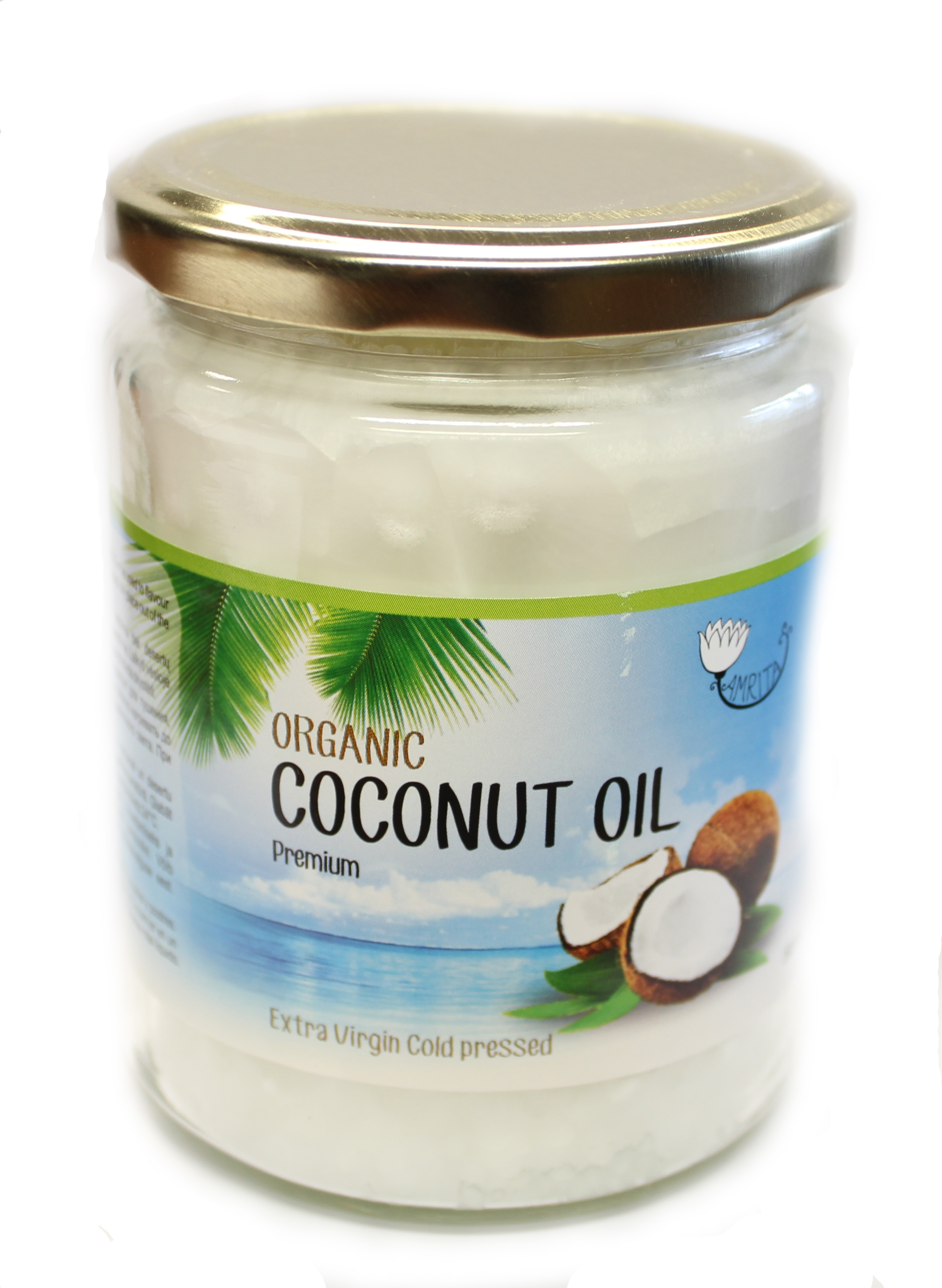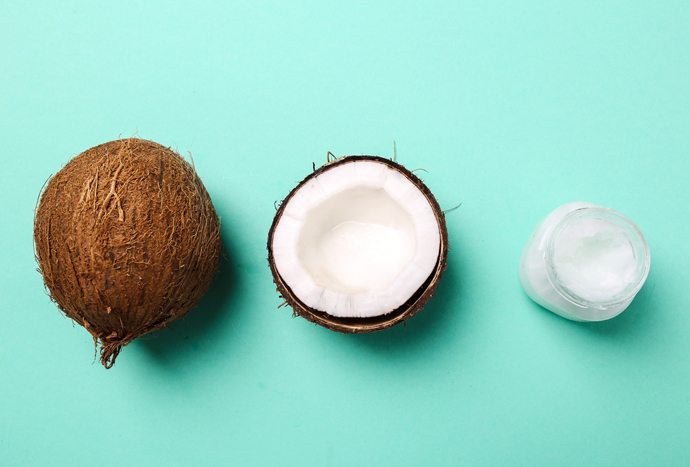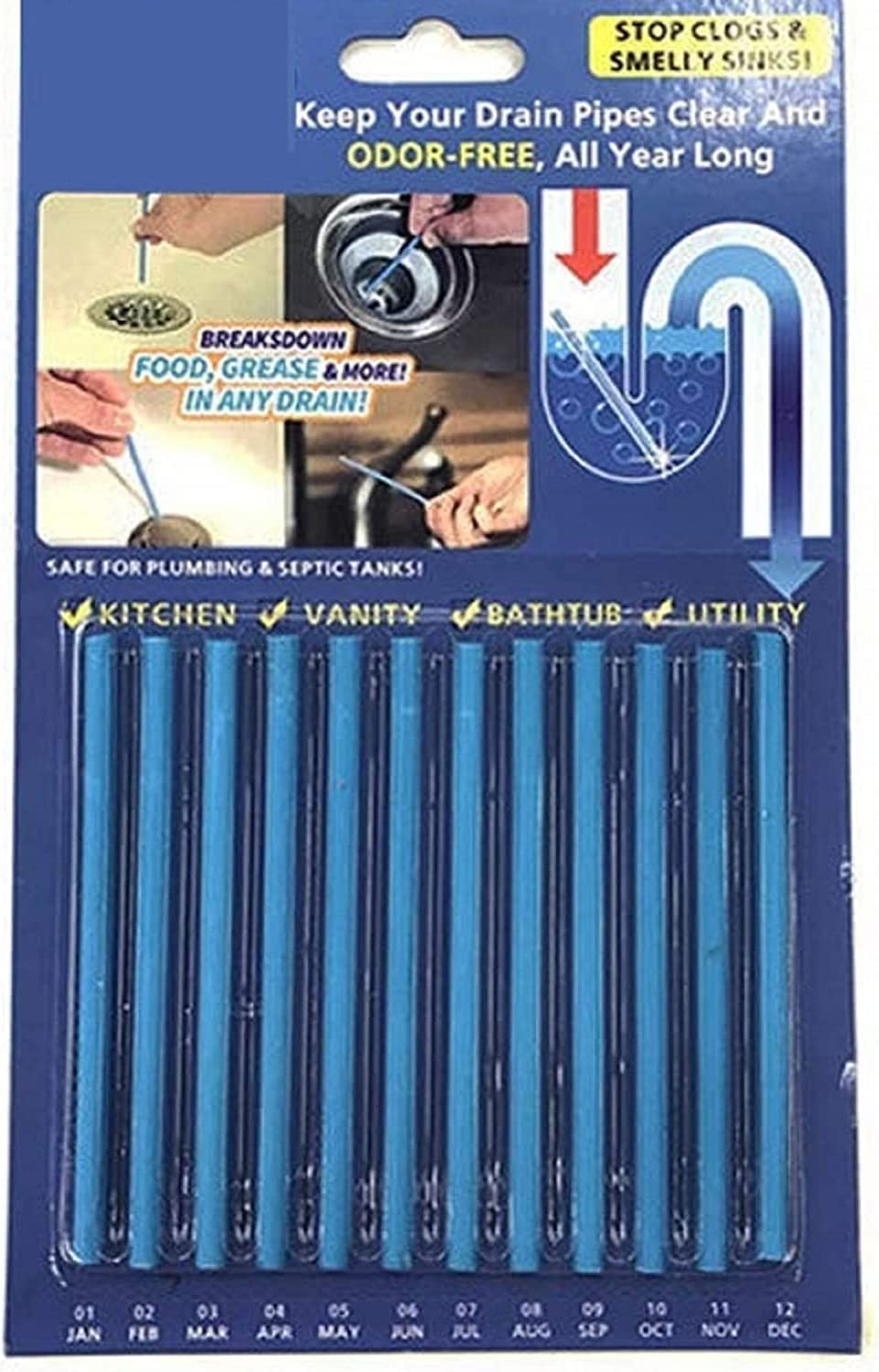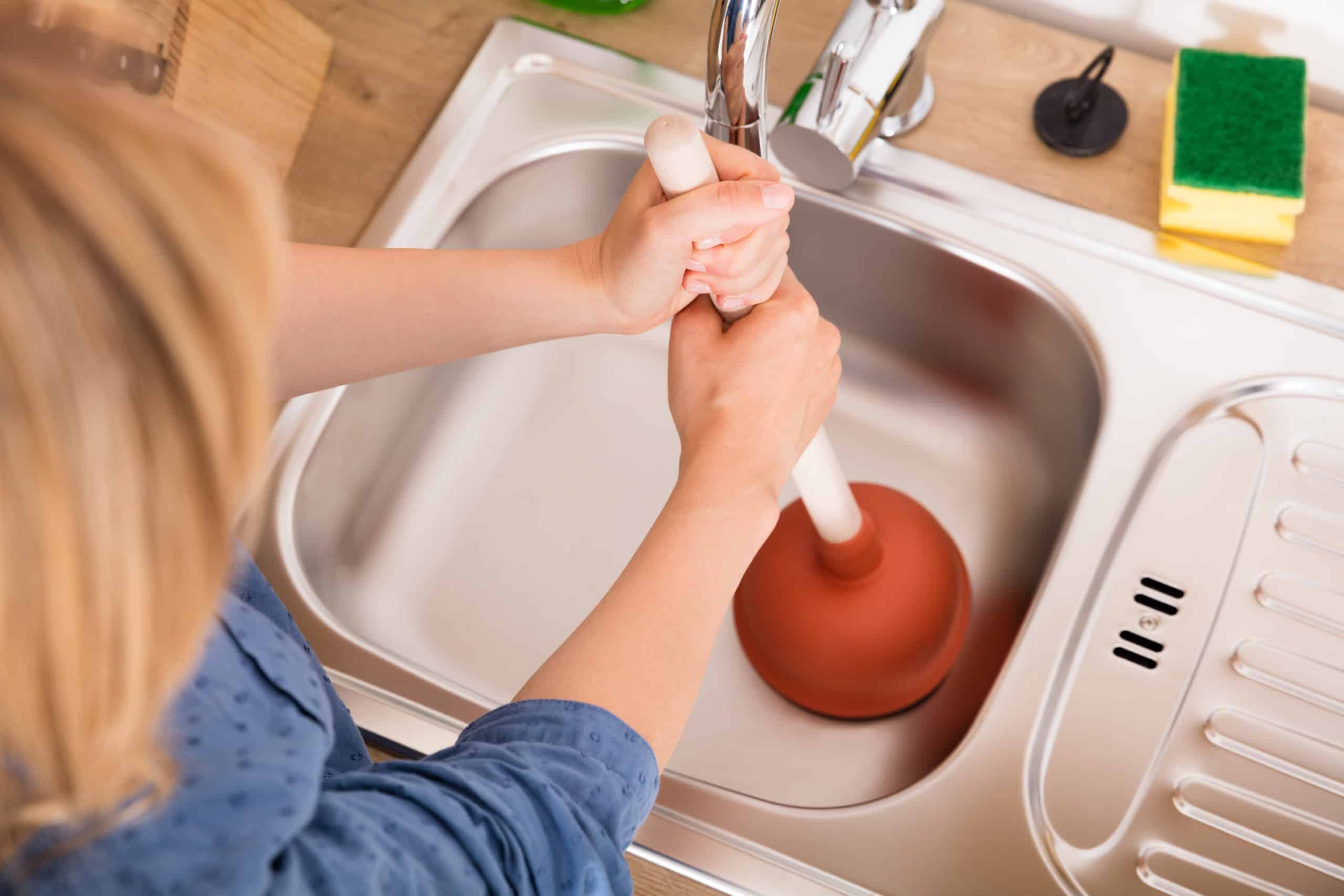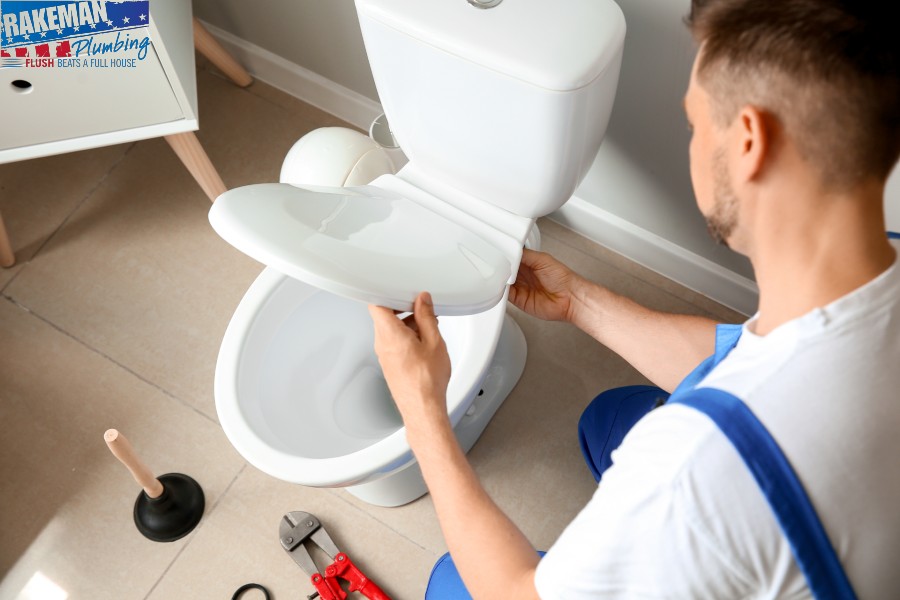Coconut oil has gained popularity in recent years for its numerous health benefits, from being a natural moisturizer to promoting hair growth. But, did you know that this versatile oil can also cause clogs in your bathroom sink? If you use coconut oil in your daily routine, it's important to know how it can affect your plumbing and how to prevent clogs from happening. In this article, we will delve into the world of coconut oil and bathroom sink clogs, and provide you with tips on how to keep your sink running smoothly.Can Coconut Oil Clog Bathroom Sink?
Before we dive into the potential clogging effects of coconut oil, let's first discuss how you can prevent it from happening. The key to avoiding clogs is to minimize the amount of coconut oil that goes down your bathroom sink. This can be done by using alternative methods for disposing of coconut oil, such as throwing it into the trash or recycling it. If you must dispose of coconut oil down your sink, try diluting it with hot water to help it flow through the pipes more easily. You can also use a strainer or a paper towel to catch any excess oil before it goes down the drain.How to Prevent Coconut Oil from Clogging Bathroom Sink
Now, let's talk about why coconut oil can cause clogs in your bathroom sink. Unlike other oils, coconut oil is solid at room temperature. When it comes into contact with cold water in your pipes, it hardens and can create a blockage. Over time, this can lead to a buildup of oil and other debris, resulting in a clogged drain. In addition to this, coconut oil is also highly viscous, meaning it is thick and sticky. This makes it difficult for water to wash it away, making it more likely to cling to the walls of your pipes and cause clogs.Coconut Oil and Bathroom Sink Drain Clogs
If you do end up with a clogged bathroom sink due to coconut oil, don't panic. There are a few methods you can try to remove the clog and get your sink back to working order. One option is to use a plunger to dislodge the clog. Simply place the plunger over the drain and push up and down vigorously to create suction and loosen the blockage. You can also try using a drain snake, which is a long, flexible tool that can reach deep into your pipes to remove clogs. Another DIY method is to pour a mixture of hot water and vinegar down the drain to break down the oil and other debris.Removing Coconut Oil Clogs from Bathroom Sink
Aside from clogging your bathroom sink, coconut oil can also affect your plumbing in other ways. If you use coconut oil for cooking and regularly pour it down your kitchen sink, it can cause similar clogs in your kitchen pipes. Additionally, coconut oil can also solidify in your septic tank, causing potential issues and costly repairs. To avoid these problems, it's best to limit the amount of coconut oil that goes down your drains and dispose of it in alternative ways.Coconut Oil and Plumbing: What You Need to Know
Coconut oil is often praised for its moisturizing properties and is commonly used in skincare and haircare products. However, when it comes to plumbing, this oil can be a bit of a nightmare. As mentioned earlier, coconut oil is solid at room temperature and has a high viscosity, making it a prime candidate for clogging your bathroom sink. Additionally, many people use large amounts of coconut oil in their daily routines, increasing the chances of it causing a clog.Why Coconut Oil Can Cause Bathroom Sink Clogs
If you've tried the DIY methods mentioned earlier and still can't seem to get rid of the clog, it may be time to call in a professional plumber. They have specialized tools and techniques to remove tough clogs and can give you advice on how to prevent them from happening again. It's also important to regularly clean your bathroom sink to prevent any buildup of oil and other debris. This can be done by using a mixture of hot water and dish soap or baking soda to break down any residue in your pipes.How to Clean a Clogged Bathroom Sink Due to Coconut Oil
To keep your bathroom sink running smoothly, it's essential to maintain your drains regularly. This includes avoiding pouring large amounts of coconut oil down your sink and disposing of it in alternative ways, as well as regularly cleaning your pipes to prevent buildup. You can also use natural drain cleaners, such as a mixture of hot water, vinegar, and baking soda, to keep your pipes clear and prevent clogs.Coconut Oil and Drain Maintenance for Bathroom Sinks
If you're looking for a natural alternative to coconut oil that won't clog your bathroom sink, there are plenty of options to choose from. Olive oil, avocado oil, and almond oil are all great alternatives that are liquid at room temperature and won't cause clogs in your pipes. You can also try using solid oils, such as shea butter, that can be melted down and used as a moisturizer without the risk of clogging your sink.Natural Alternatives to Coconut Oil for Bathroom Sink Use
To summarize, here are some tips and tricks to prevent coconut oil from clogging your bathroom sink:Preventing Coconut Oil Clogs in Bathroom Sinks: Tips and Tricks
The Effects of Using Coconut Oil in Your Bathroom Sink

How Coconut Oil Can Affect Your Bathroom Sink
 When it comes to home design, the bathroom is often overlooked. However, it is important to pay attention to every aspect of your bathroom, including the sink. Many people have recently turned to using
coconut oil
as a natural alternative for cleaning and skincare. While this versatile oil has many benefits, it can also have negative effects on your bathroom sink.
One of the main concerns is whether
coconut oil
can clog your bathroom sink. The short answer is yes, it can. Coconut oil is a solid at room temperature, but when it comes into contact with warm water, it can liquefy and easily flow down the drain. However, as it cools, it can solidify and stick to the sides of your pipes, causing blockages.
When it comes to home design, the bathroom is often overlooked. However, it is important to pay attention to every aspect of your bathroom, including the sink. Many people have recently turned to using
coconut oil
as a natural alternative for cleaning and skincare. While this versatile oil has many benefits, it can also have negative effects on your bathroom sink.
One of the main concerns is whether
coconut oil
can clog your bathroom sink. The short answer is yes, it can. Coconut oil is a solid at room temperature, but when it comes into contact with warm water, it can liquefy and easily flow down the drain. However, as it cools, it can solidify and stick to the sides of your pipes, causing blockages.
How to Prevent Coconut Oil from Clogging Your Bathroom Sink
 If you still want to use coconut oil in your bathroom sink, there are some precautions you can take to prevent clogging. First, make sure to run hot water down the drain after using any products containing coconut oil. This will help to flush out any oil that may have solidified in the pipes. You can also mix the coconut oil with hot water before disposing of it to help it melt and flow down the drain more easily.
Additionally, regularly cleaning your sink with a strong detergent can help to remove any residual oil that may be building up in the pipes. It is also important to avoid pouring large amounts of
coconut oil
directly into the sink. Instead, try to dispose of it in a separate container or wipe out excess oil with a paper towel before rinsing the sink.
If you still want to use coconut oil in your bathroom sink, there are some precautions you can take to prevent clogging. First, make sure to run hot water down the drain after using any products containing coconut oil. This will help to flush out any oil that may have solidified in the pipes. You can also mix the coconut oil with hot water before disposing of it to help it melt and flow down the drain more easily.
Additionally, regularly cleaning your sink with a strong detergent can help to remove any residual oil that may be building up in the pipes. It is also important to avoid pouring large amounts of
coconut oil
directly into the sink. Instead, try to dispose of it in a separate container or wipe out excess oil with a paper towel before rinsing the sink.
The Benefits of Using Coconut Oil in Your Bathroom Sink
 While there are potential negative effects of using
coconut oil
in your bathroom sink, there are also many benefits. Coconut oil has natural antibacterial properties, making it a great cleaning agent for your sink. It also has a pleasant scent and can help to nourish and moisturize your skin when used in skincare products.
In conclusion, while
coconut oil
can clog your bathroom sink, there are ways to prevent this from happening. By taking proper precautions and regularly cleaning your sink, you can continue to enjoy the benefits of using this versatile oil in your bathroom. Remember to always use it in moderation and dispose of it properly to avoid any potential clogs.
While there are potential negative effects of using
coconut oil
in your bathroom sink, there are also many benefits. Coconut oil has natural antibacterial properties, making it a great cleaning agent for your sink. It also has a pleasant scent and can help to nourish and moisturize your skin when used in skincare products.
In conclusion, while
coconut oil
can clog your bathroom sink, there are ways to prevent this from happening. By taking proper precautions and regularly cleaning your sink, you can continue to enjoy the benefits of using this versatile oil in your bathroom. Remember to always use it in moderation and dispose of it properly to avoid any potential clogs.



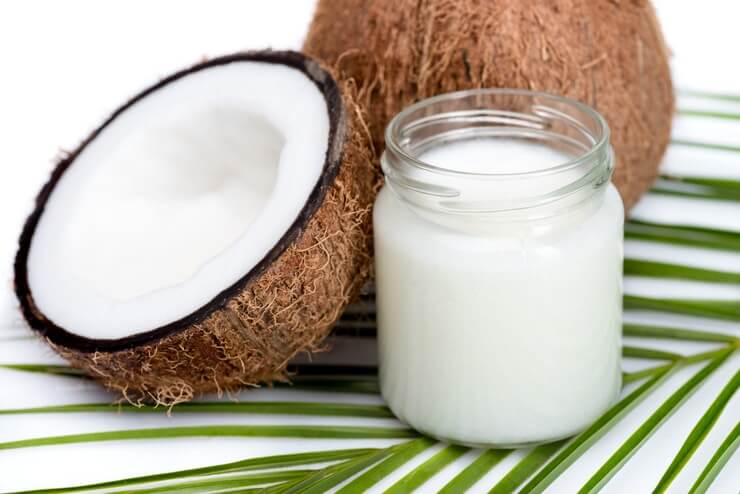

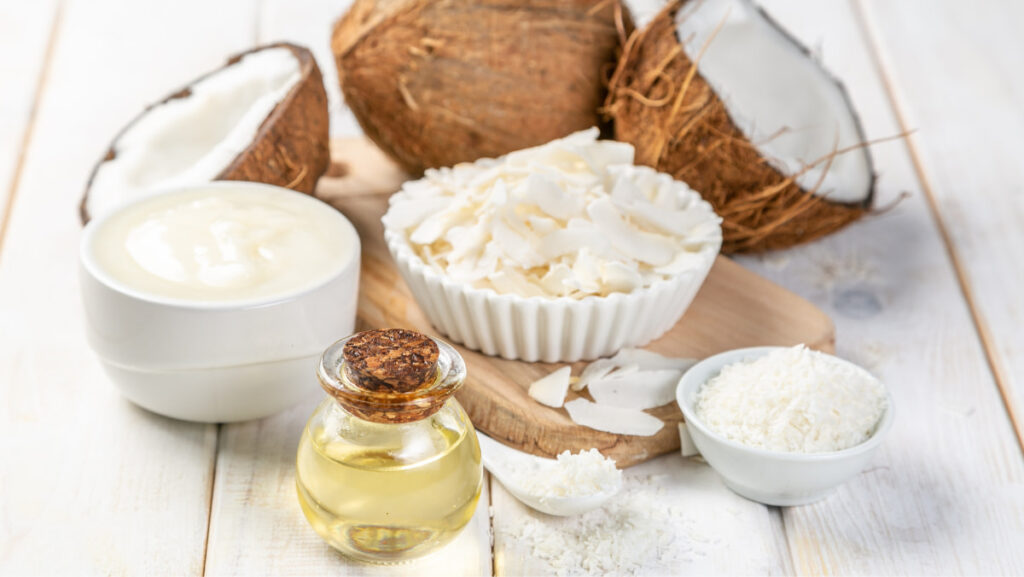





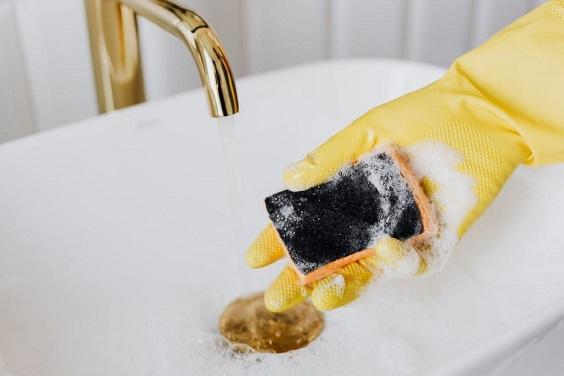
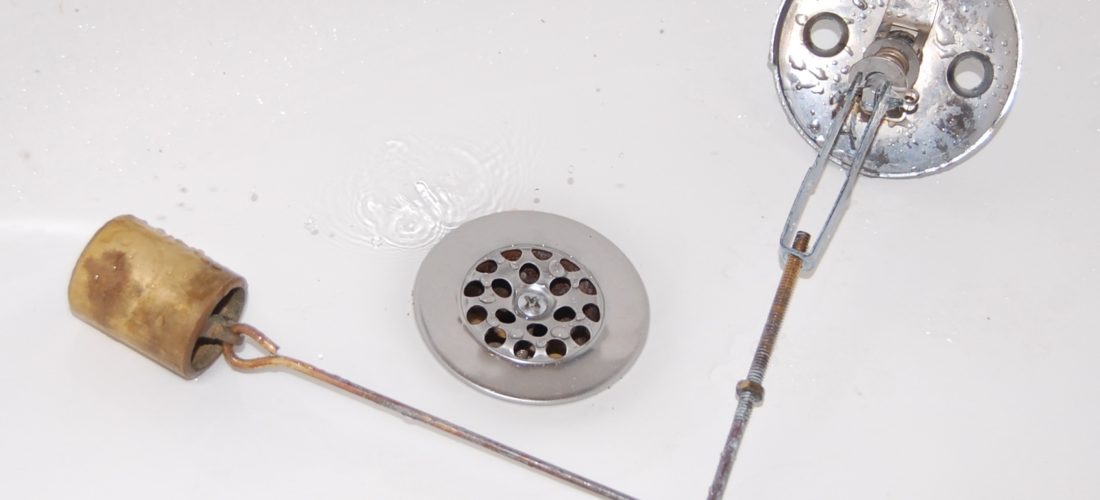
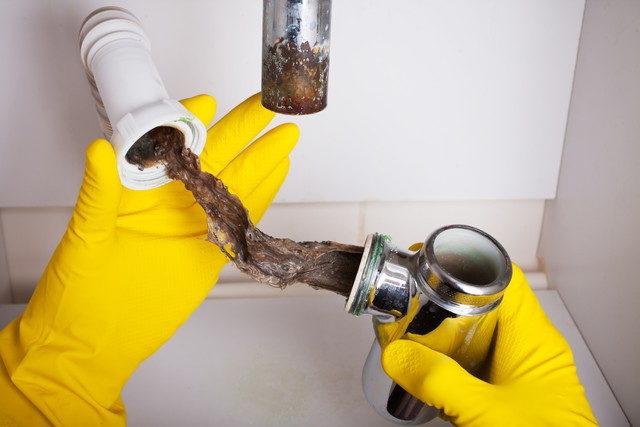
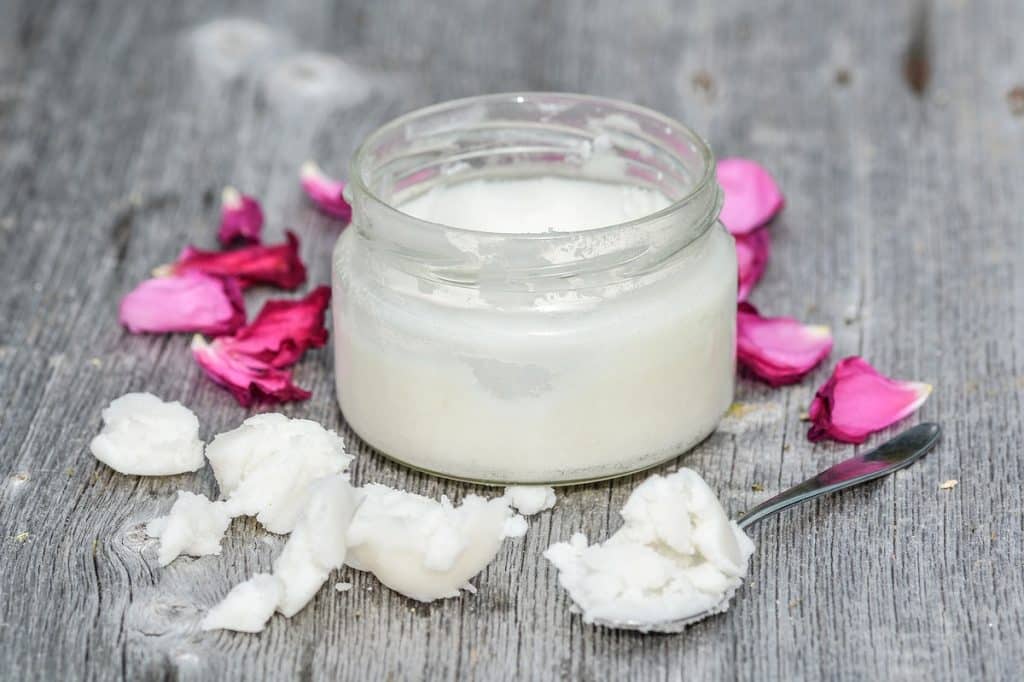




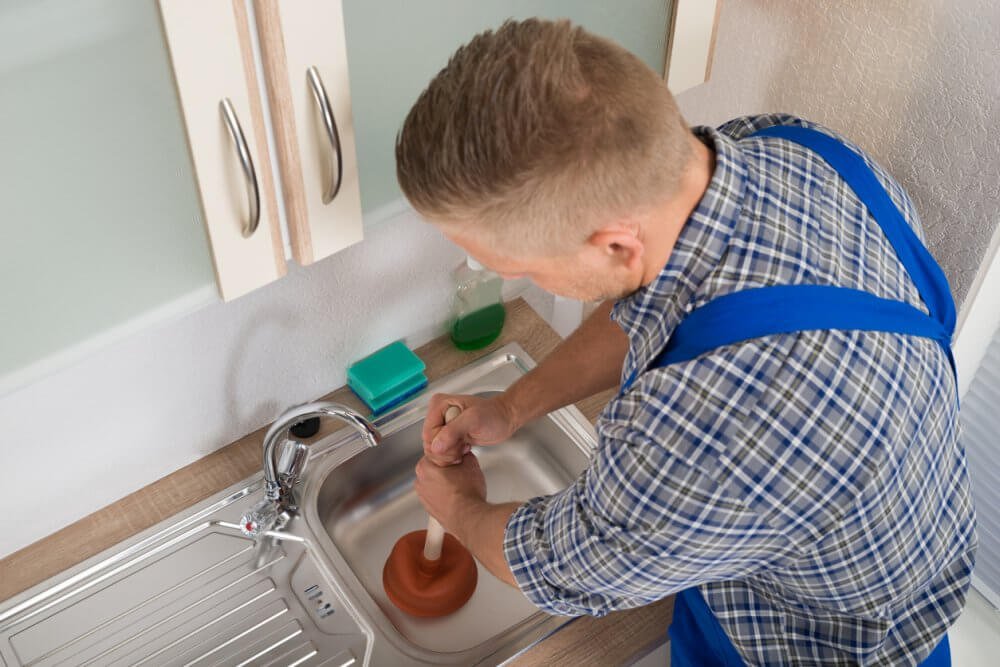






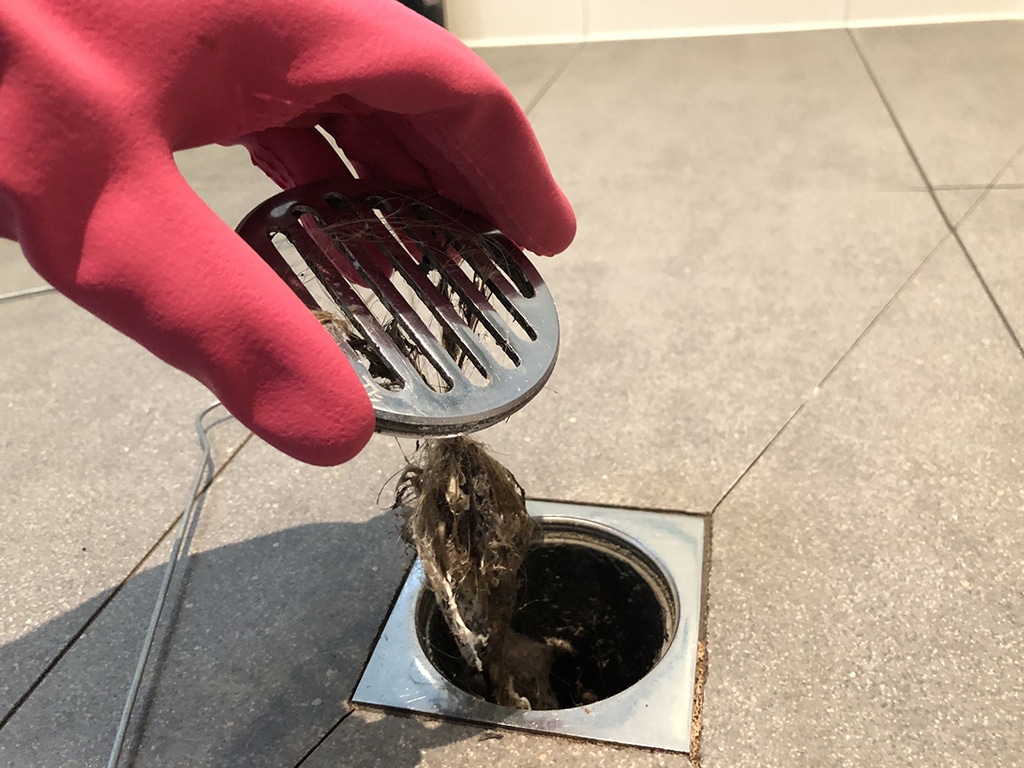










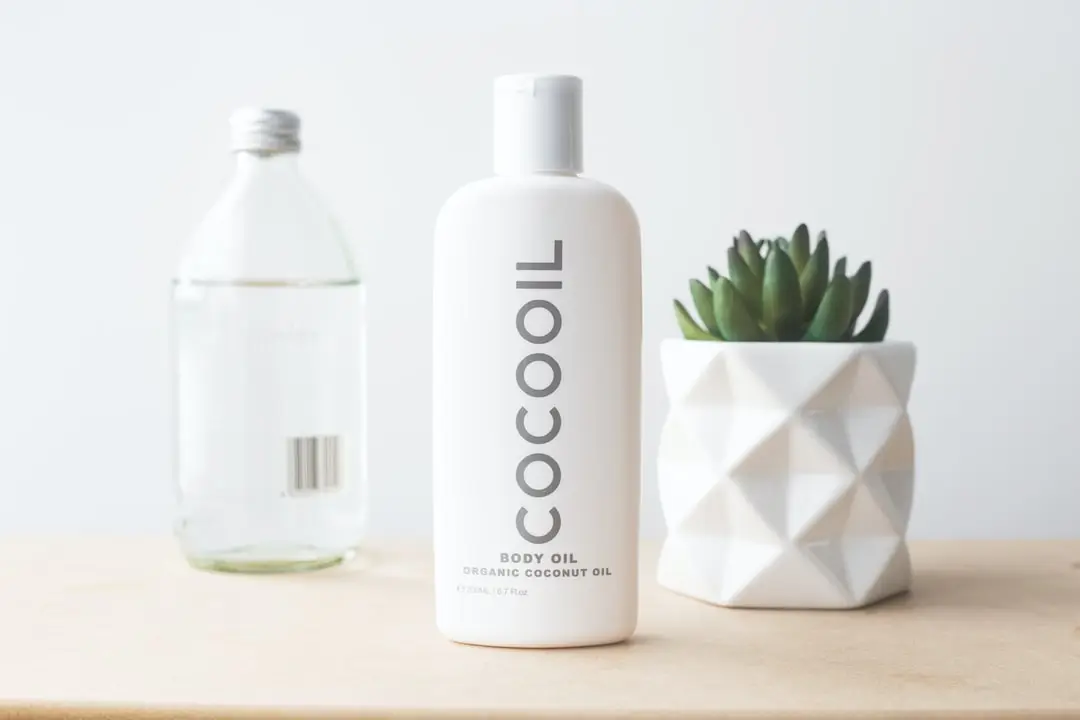


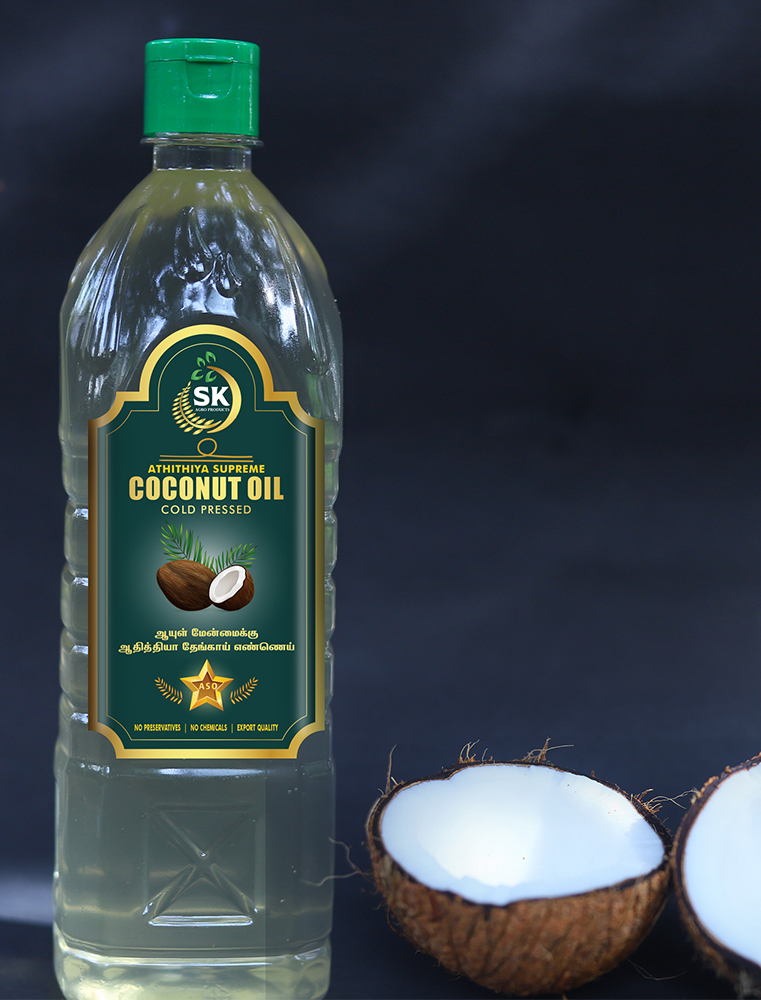
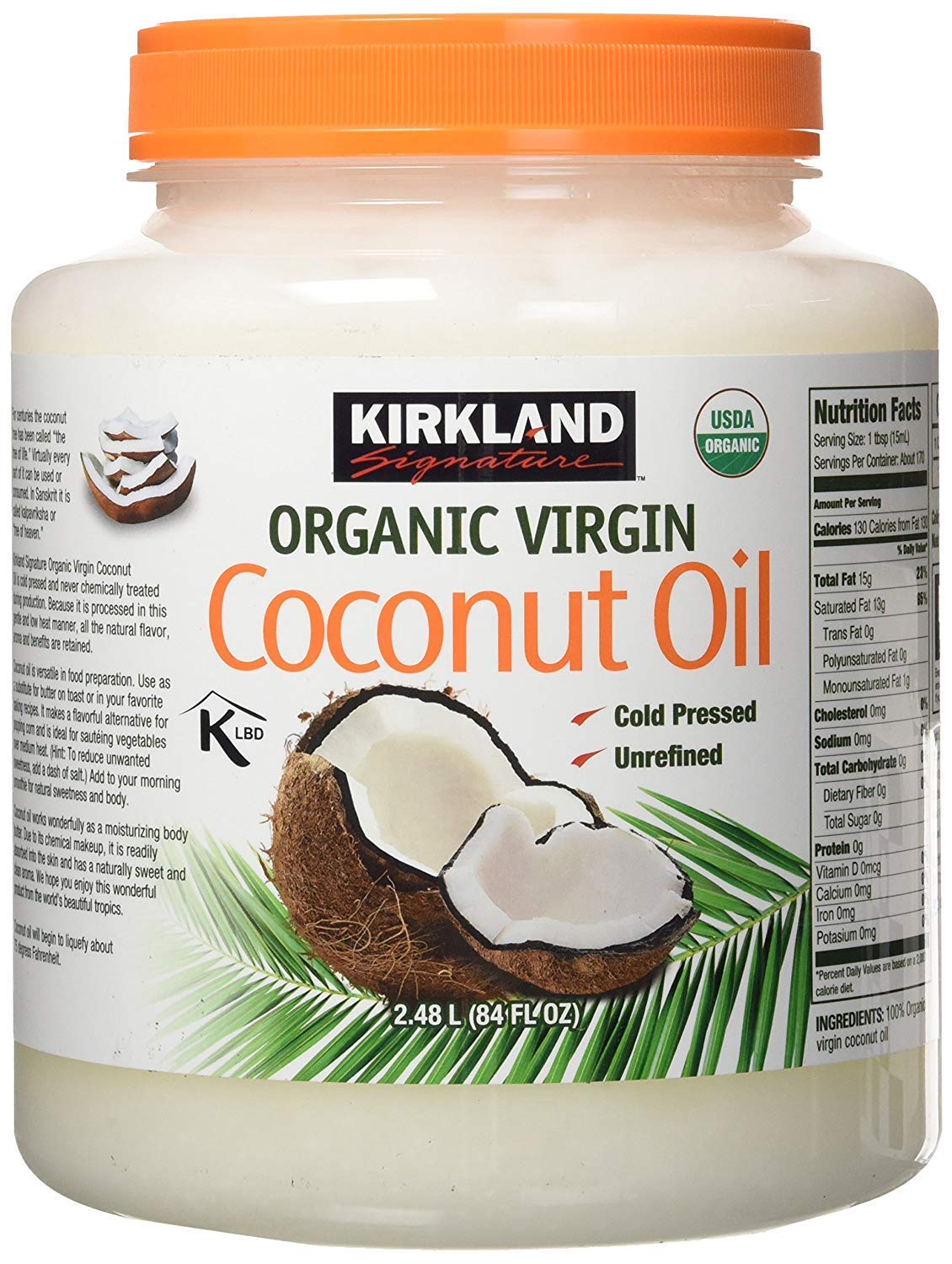



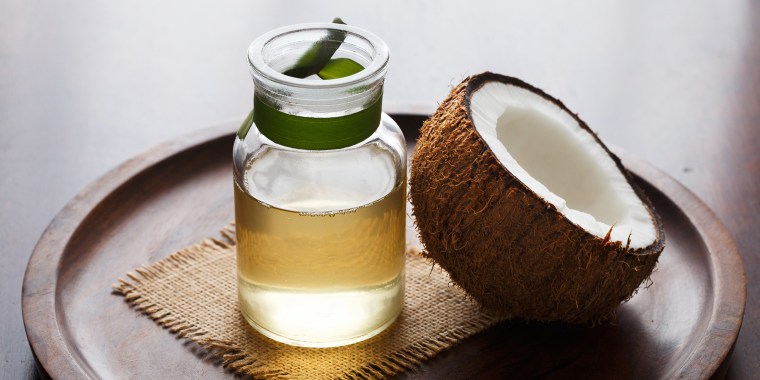


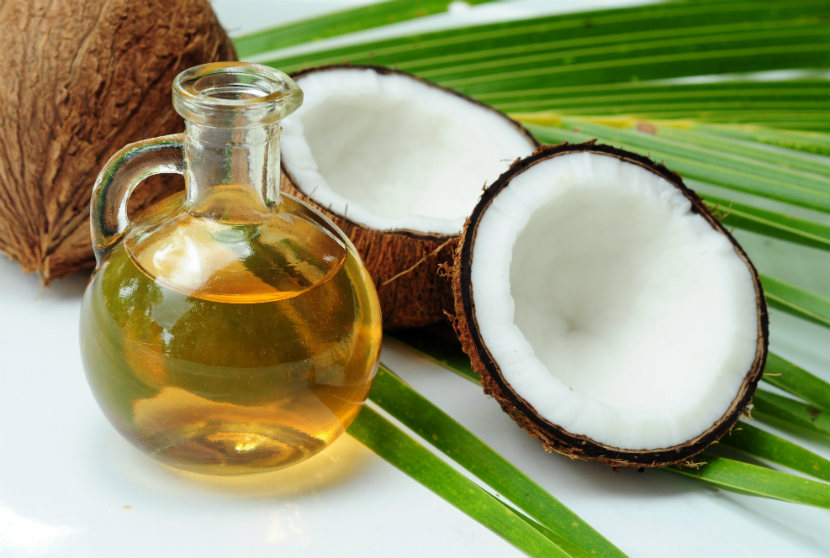
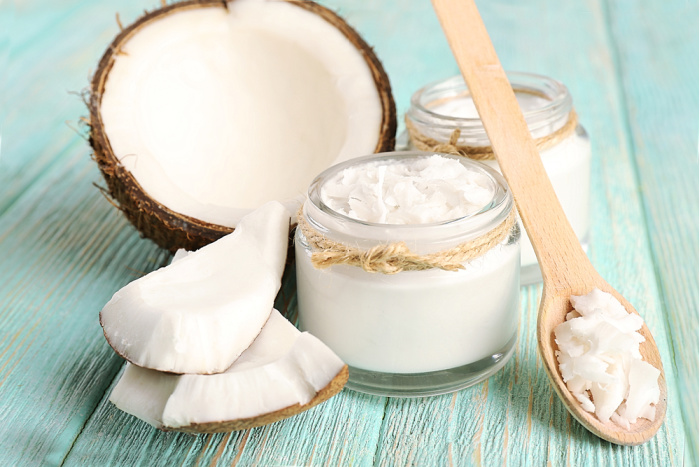

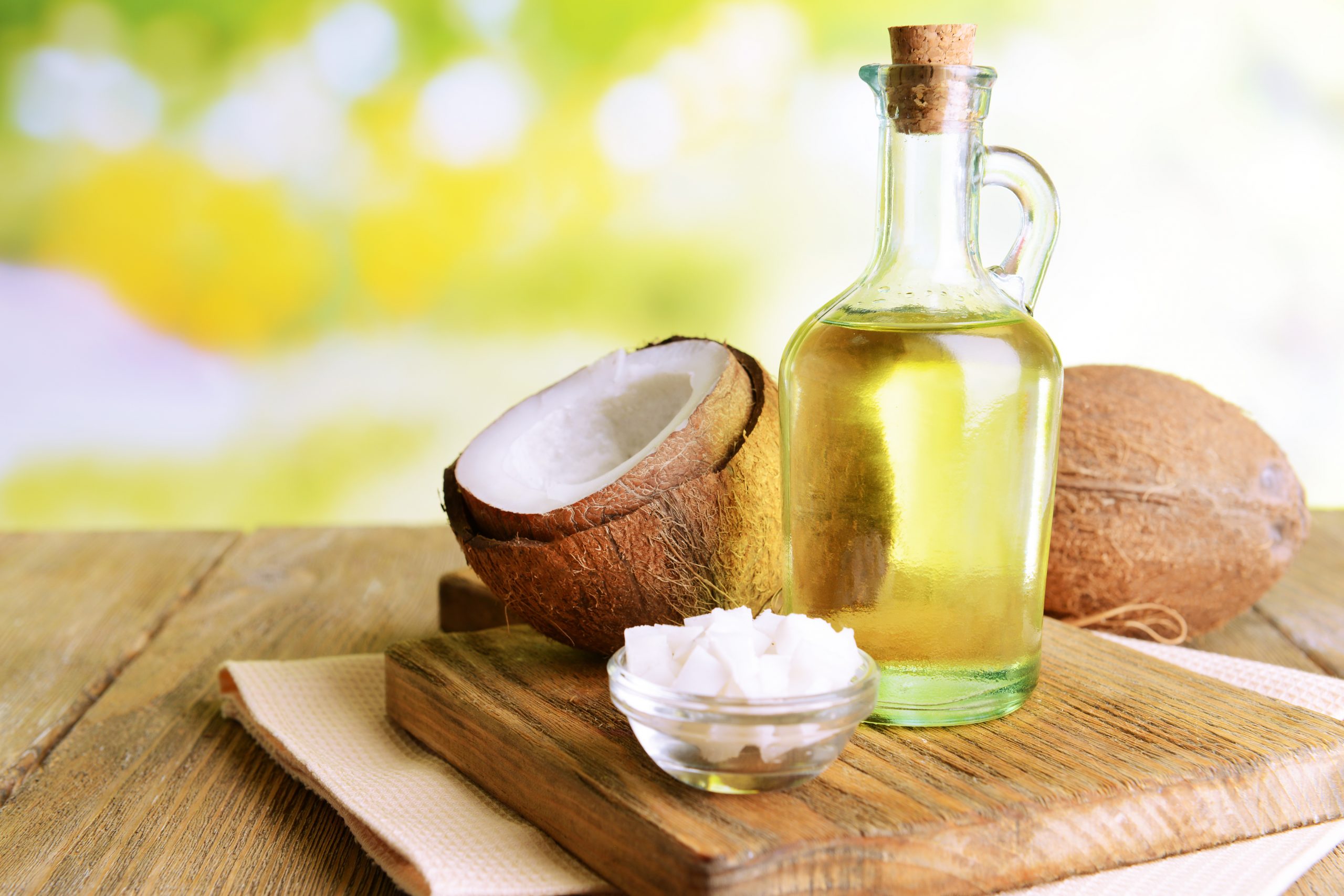












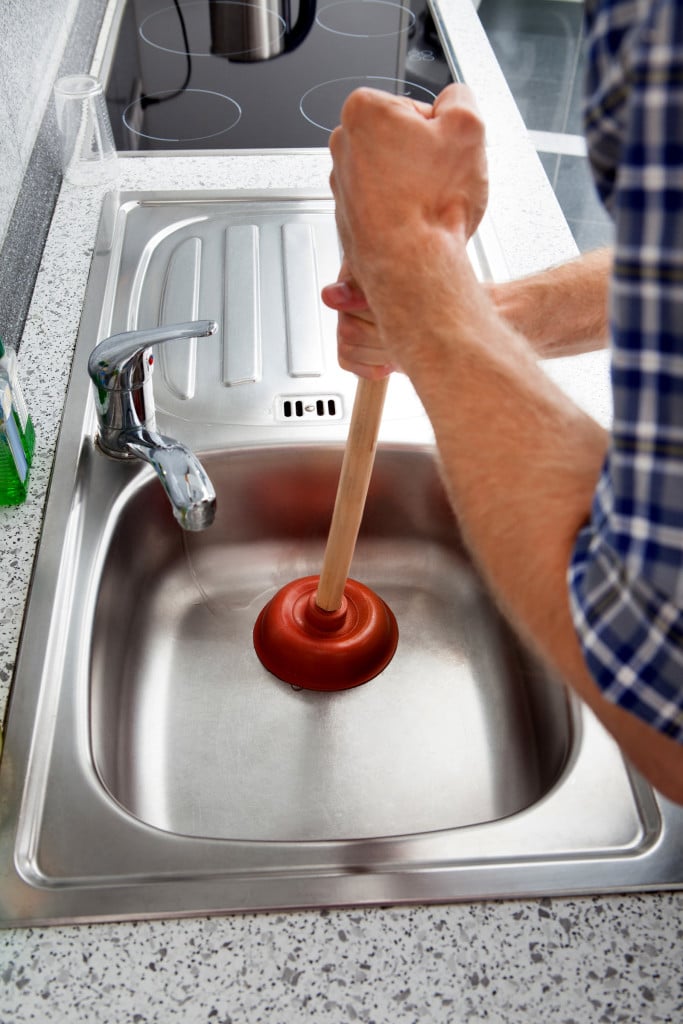



:max_bytes(150000):strip_icc()/freshen-and-unclog-drain-with-baking-soda-1900466-18-1a5b5da01939471ca8f8823865bd1ce8.jpg)











